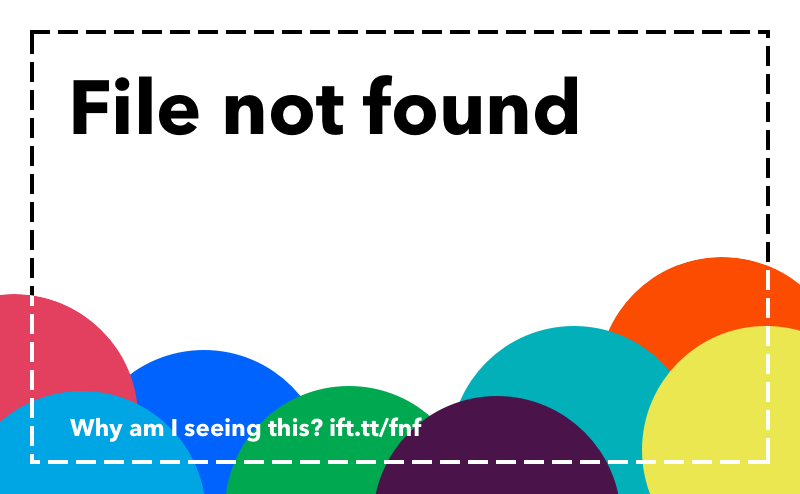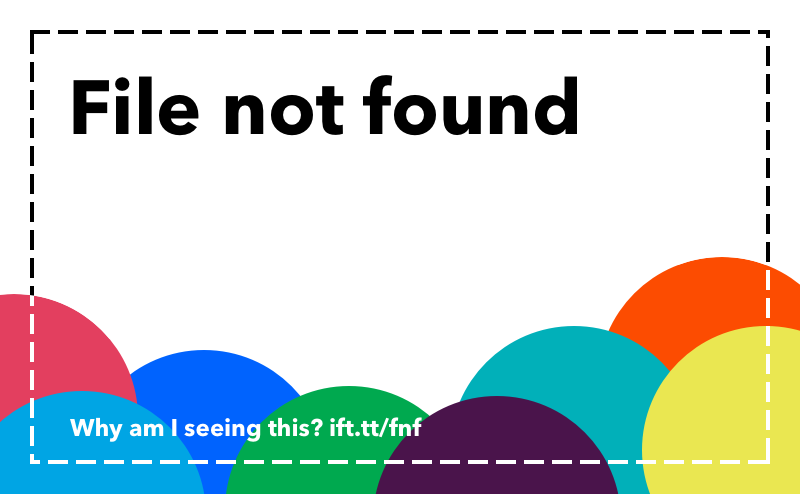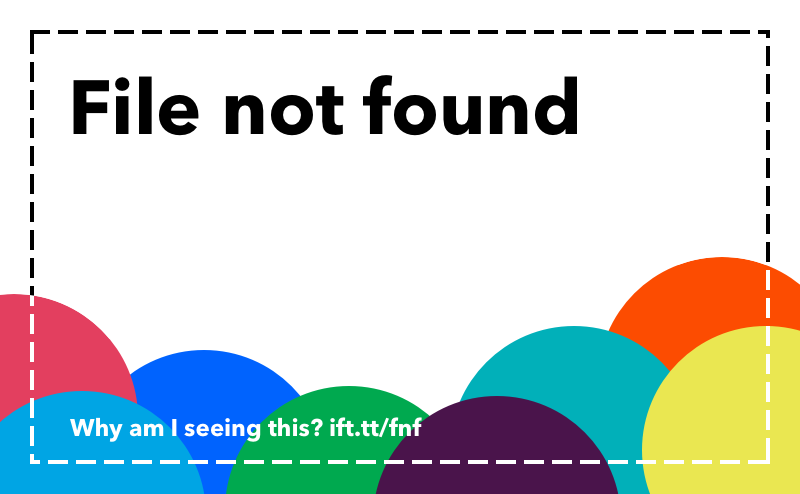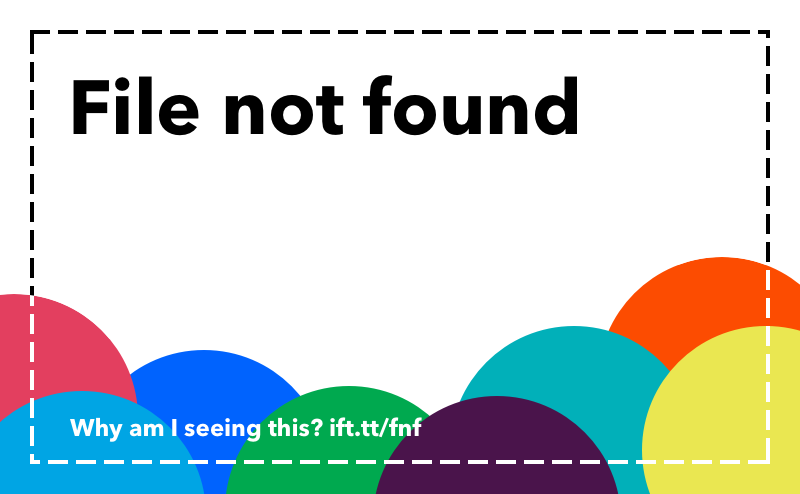via https://ift.tt/3bFKi6l
“Cancel all elective surgeries, they decided,” my friend the doctor said. “My hospital cancelled all of them. Except… well, there are a lot of surgeries you can just say, ok. You’re not getting your knee fixed, you’re not getting that carpal tunnel thing dealt with. But like…”
Last night he got a call to come in for 9pm for a liver transplant. It took all night. “It was a great night for that guy, though,” he said. “I mean, a liver transplant, that’s a new lease on life. But not such a great night for the crack addict who had a coronary while running from the cops.”
Took me a minute to catch on that’s who the donor was.
“People are like, cancel transplant surgeries,” he said, “but like. Okay they’re not emergency surgeries, but we’re not to the point yet that we’re going to put that liver in the ground and then put the recipient in the ground in another couple of months. He’s not on the recipient list just for fun, y’know?”
It turns out, though, as an anaesthesiologist, of course he’s cross-trained on ICU procedures. He’s got a ton of experience caring for patients on ventilators. So his projected schedule is changing by the day, depending on who’s panicking. Call him in now! No, save him for the crisis! No, hold him back! He is one of only three doctors in this hospital system who knows how to do some of the specialty things he knows how to do.
He gently refused a glass of wine with dinner, as he’s on call. “I’m on call for the rest of my life, probably,” he said, resigned. “I mean, whatever. I wasn’t going anywhere.”
They’re not doing any training for residents anymore, they’re all being held in reserve to use during the crisis when it hits, because guess what– residents are MDs, they’re legally doctors, and they’re going to be called upon to do the work of such. (His job is split evenly between work and teaching, so this is hitting him hard; he’s technically sort of on salary but really he’s paid in piece-work, and so his income is very uncertain, paradoxical as that seems. And if he’s not doing any teaching, will he be paid for teaching? “The director of medicine asked the finance director and the guy started twitching, so we didn’t really get an answer.”
Down in Queens, they’re repurposing anasthesia machines to use them as ventilators. “That’s… kind of a bad sign,” he said, “but at least they have those.” He also got word down on Long Island they’re removing life support with only a notification, no longer waiting for permission in cases of medical futility. He did not have to tell me that was also bad.
“Sure, we have empty beds up here,” he said, “but that’s the other question– do we accept transfers? Do we let them literally ship the virus to us? And then in a week or so, when the crisis hits here, we have to turn our own people away because we’ve got all these cases that came up from the City?”
He said they have a similar quandary about PPE. “We have it in stock right now,” he said. “But here’s the question: are we frugal with it, and risk being too frugal, and wind up getting doctors sick or spreading it among patients, so that we can hold back some of our supply? Or do we blow through it all by normal procedures now, and then the crisis hits us and we have nothing left?”
All of these things, he pointed out, are questions with no right answer, and he’s grateful they’re above his pay grade. He’s just going to go where he’s told, and be as careful as he can be; he very badly doesn’t want to bring this thing home to his horribly-asthmatic wife, who it might not kill, but who wants to roll those dice?
He read out to me the new procedure (he’d just gotten the email) they have for reusing disposable face shields. “It involves washing your hands four separate times for a single instance of taking the shield off,” he said. “That’s not sustainable.”
As we were talking he got a text from a med school friend in Missouri. “They’re giving all the doctors in our hospital system a crash course in how to treat patients on ventilators,” he read off. “Great.” I asked what the friend’s specialty was, and he rolled his eyes, shook his head a little, and said, “Oncology.”
The hell of it is, of course people still need hospitals for all the usual things people need hospitals for. “Oh,” he said, “the patient in the room next to our liver transplant came in to Emergency having been hit in the neck with a sword. I’ve been looking all day for a news story to explain what the deal was with that– murder? boredom? shenanigans? a duel? and just nobody’s covering the story, I’m very disappointed.”
(I met him in college, where we were both members of the fencing club as undergrads. He said, “I truly hope there’s an upsurge in sword violence during this epidemic, I’ve been training my whole life for that,” and I suggested augmenting his PPE with a sword and he got very excited about this.)

“Cancel all elective surgeries, they decided,” my friend the doctor said. “My hospital cancelled all of them. Except… well, there are a lot of surgeries you can just say, ok. You’re not getting your knee fixed, you’re not getting that carpal tunnel thing dealt with. But like…”
Last night he got a call to come in for 9pm for a liver transplant. It took all night. “It was a great night for that guy, though,” he said. “I mean, a liver transplant, that’s a new lease on life. But not such a great night for the crack addict who had a coronary while running from the cops.”
Took me a minute to catch on that’s who the donor was.
“People are like, cancel transplant surgeries,” he said, “but like. Okay they’re not emergency surgeries, but we’re not to the point yet that we’re going to put that liver in the ground and then put the recipient in the ground in another couple of months. He’s not on the recipient list just for fun, y’know?”
It turns out, though, as an anaesthesiologist, of course he’s cross-trained on ICU procedures. He’s got a ton of experience caring for patients on ventilators. So his projected schedule is changing by the day, depending on who’s panicking. Call him in now! No, save him for the crisis! No, hold him back! He is one of only three doctors in this hospital system who knows how to do some of the specialty things he knows how to do.
He gently refused a glass of wine with dinner, as he’s on call. “I’m on call for the rest of my life, probably,” he said, resigned. “I mean, whatever. I wasn’t going anywhere.”
They’re not doing any training for residents anymore, they’re all being held in reserve to use during the crisis when it hits, because guess what– residents are MDs, they’re legally doctors, and they’re going to be called upon to do the work of such. (His job is split evenly between work and teaching, so this is hitting him hard; he’s technically sort of on salary but really he’s paid in piece-work, and so his income is very uncertain, paradoxical as that seems. And if he’s not doing any teaching, will he be paid for teaching? “The director of medicine asked the finance director and the guy started twitching, so we didn’t really get an answer.”
Down in Queens, they’re repurposing anasthesia machines to use them as ventilators. “That’s… kind of a bad sign,” he said, “but at least they have those.” He also got word down on Long Island they’re removing life support with only a notification, no longer waiting for permission in cases of medical futility. He did not have to tell me that was also bad.
“Sure, we have empty beds up here,” he said, “but that’s the other question– do we accept transfers? Do we let them literally ship the virus to us? And then in a week or so, when the crisis hits here, we have to turn our own people away because we’ve got all these cases that came up from the City?”
He said they have a similar quandary about PPE. “We have it in stock right now,” he said. “But here’s the question: are we frugal with it, and risk being too frugal, and wind up getting doctors sick or spreading it among patients, so that we can hold back some of our supply? Or do we blow through it all by normal procedures now, and then the crisis hits us and we have nothing left?”
All of these things, he pointed out, are questions with no right answer, and he’s grateful they’re above his pay grade. He’s just going to go where he’s told, and be as careful as he can be; he very badly doesn’t want to bring this thing home to his horribly-asthmatic wife, who it might not kill, but who wants to roll those dice?
He read out to me the new procedure (he’d just gotten the email) they have for reusing disposable face shields. “It involves washing your hands four separate times for a single instance of taking the shield off,” he said. “That’s not sustainable.”
As we were talking he got a text from a med school friend in Missouri. “They’re giving all the doctors in our hospital system a crash course in how to treat patients on ventilators,” he read off. “Great.” I asked what the friend’s specialty was, and he rolled his eyes, shook his head a little, and said, “Oncology.”
The hell of it is, of course people still need hospitals for all the usual things people need hospitals for. “Oh,” he said, “the patient in the room next to our liver transplant came in to Emergency having been hit in the neck with a sword. I’ve been looking all day for a news story to explain what the deal was with that– murder? boredom? shenanigans? a duel? and just nobody’s covering the story, I’m very disappointed.”
(I met him in college, where we were both members of the fencing club as undergrads. He said, “I truly hope there’s an upsurge in sword violence during this epidemic, I’ve been training my whole life for that,” and I suggested augmenting his PPE with a sword and he got very excited about this.)



